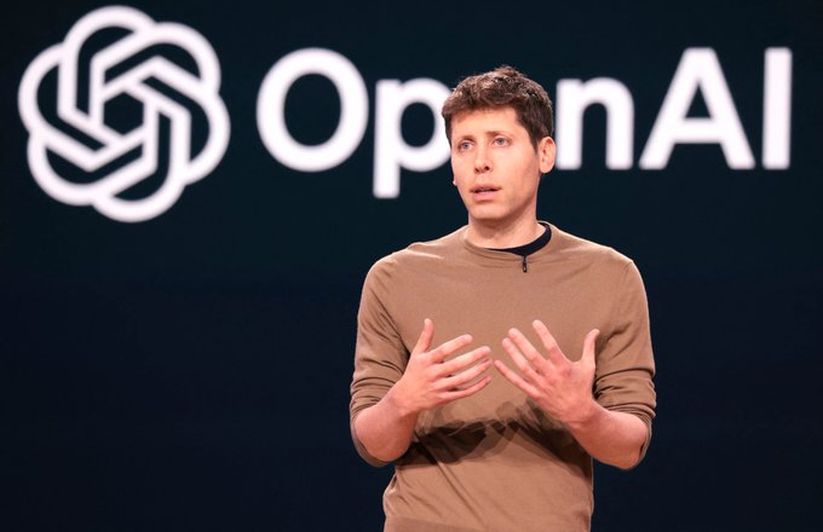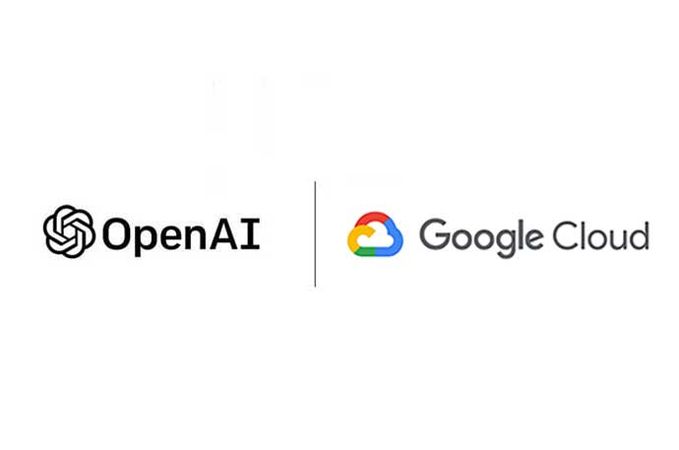OpenAI says it will use Google Cloud to power ChatGPT, marking a major shift beyond Microsoft

In a major shift that signals how competitive the AI infrastructure race has become, OpenAI said Wednesday it will begin using Google Cloud to help run ChatGPT, CNBC reported. The move breaks from its previous dependence on Microsoft’s Azure and comes as OpenAI scrambles for more computing power to keep up with soaring demand.
OpenAI has officially added Google to its list of infrastructure providers, alongside Microsoft, Oracle, and CoreWeave. That means both ChatGPT and its API will now rely on Google Cloud infrastructure in multiple regions, including the U.S., Japan, the Netherlands, Norway, and the U.K.
“The Google infrastructure will run in the U.S., Japan, the Netherlands, Norway, and the United Kingdom,” CNBC reported.
The deal is a notable win for Google, whose cloud division has long trailed Amazon and Microsoft in market share. It also deepens Google’s position in the AI race, where it’s already backing Anthropic, an OpenAI rival founded by former OpenAI employees.
OpenAI said Wednesday that it expects to use Google’s cloud infrastructure for its popular ChatGPT artificial intelligence assistant.
Why OpenAI Is Moving Beyond Microsoft

OpenAI’s pivot toward a more multi-cloud setup highlights the growing tension in its relationship with Microsoft. Last year, Microsoft went so far as to list OpenAI as a competitor in an SEC filing, even as it remains a key investor and infrastructure provider.
Things began to shift earlier this year. In January, Microsoft said it had agreed to a new arrangement that gives OpenAI the right of first refusal whenever it needs more compute, rather than locking it into exclusive use of Azure. Microsoft still holds exclusive rights to OpenAI’s APIs, but its grip on the infrastructure side has clearly loosened.
The pressure for more capacity isn’t letting up. In April, OpenAI CEO Sam Altman posted on X, “if anyone has GPU capacity in 100k chunks we can get asap please call!”—a public sign that even one of the most influential AI players is feeling the hardware pinch.
OpenAI’s appetite for compute is massive. In March, the company signed a five-year deal worth nearly $12 billion with CoreWeave. Last year, Oracle also announced a partnership with both Microsoft and OpenAI to make Azure AI tools available on Oracle’s infrastructure.
The decision to bring Google Cloud into the fold suggests that OpenAI isn’t just looking to scale—it’s making sure it doesn’t get boxed in by a single partner. And in the high-stakes AI race, whoever controls the infrastructure could end up controlling much more.




